
Where We Work
We begin our work in partnership with a network of early childhood education providers in Greater Boston to identify shared challenges, and then co-design, test, and evaluate solutions. What works, we seek to scale in partnership with government to ensure the broadest impact. Informed by the outcomes of our direct service work, we also support a robust portfolio of policy, research, and advocacy work to advance the lasting reform needed to transform our broken sector into a high-functioning, equitable system.
Local Partnerships
We believe that those closest to the child care crisis are closest to the solutions. That's why we begin our work in partnership with a network of early education and care providers serving high-needs families, and approximately 3,500 people, in Greater Boston.
We partner with these providers to identify shared challenges and then co-design, implement, and evaluate high-touch solutions, from our Learning Through Exploration curriculum to our Early Relational Health program.


Statewide
What we test locally that proves successful, we work to scale in partnership with the public sector statewide. Our dedicated efforts focus on encouraging government adoption of our direct-service programs, practices, and tools. This, in turn, aims to increase family access to high-quality early childhood education and comprehensive support services, while also enhancing opportunities for educators to engage in professional development.
Our track record includes:
Partnership with the Commonwealth to operate a first-in-the-nation COVID-19 testing program
The successful scale up of multiple workforce development programs, including our Early Childhood Education Apprenticeship program
Partnership with the Department of Elementary and Secondary Education (DESE) to bring instructional coaching into early education classrooms across the state
A new pilot to bring urgently needed early education services and material goods to serve young children living in the state’s shelter system.
Nationwide
Throughout the country, we advocate for early education and care policy reform and implement innovative, scalable solutions that address the biggest challenges faced by providers and the families who rely on them.
We specialize in taking our ground-level, strategic interventions in the early education and care sector, and advocate for the public investment they need and deserve on the policy level.
Our hit podcast No One is Coming to Save Us helps amplify our voice and impact within the child care movement.
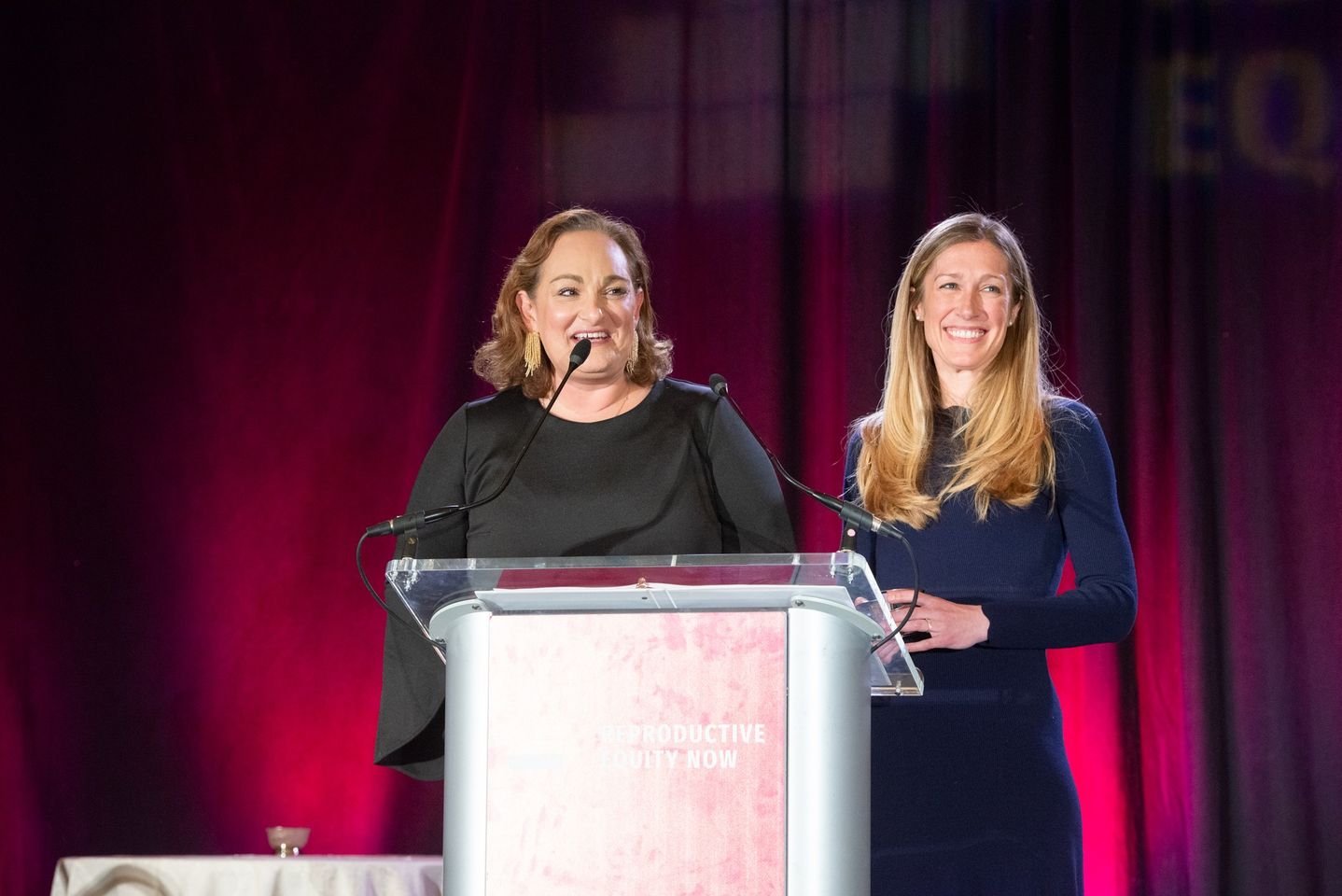
Neighborhood Villages Work In Action
At Neighborhood Villages, we prioritize keeping up with the policy landscape in the early education and care field, both across the country and in Massachusetts. That includes tuning-in to the monthly meetings of the Massachusetts Board of Early Education and Care (“EEC Board”), to stay apprised of updates and to identify opportunities for how we can work with government and other stakeholders to improve our early education and care system.
This week, amid rising prices nationwide, Neighborhood Villages, MFS Investment Management Foundation, and Baby2Baby partnered to distribute over 80,000 diapers and other essential goods, including wipes, formula, coats, laundry detergent, and school supplies in communities across Massachusetts.
At Neighborhood Villages, we prioritize keeping up with the policy landscape in the early education and care field, both across the country and in Massachusetts. That includes tuning-in to the monthly meetings of the Massachusetts Board of Early Education and Care (“EEC Board”), to stay apprised of updates and to identify opportunities for how we can work with government and other stakeholders to improve our early education and care system.
Elizabeth Leiwant’s dedication to a thriving care system is rooted in her long time interest in the as a child care center assistant teacher, K-12 classroom teacher and administrator, researcher, and mom.
Welcome to Neighborhood Villages Summer School — While the Policy Pulse is on vacation in July and August, stay informed about early education and child care.
At Neighborhood Villages, we prioritize keeping up with the policy landscape in the early education and care field, both across the country and in Massachusetts. That includes tuning-in to the monthly meetings of the Massachusetts Board of Early Education and Care (“EEC Board”), to stay apprised of updates and to identify opportunities for how we can work with government and other stakeholders to improve our early education and care system.
A proud Bostonian and life-long learner, Alina Lopez Thomas found her calling in early childhood education. Making the unlikely transition from carpentry to advocacy, her passion for learning has guided each step of her career.
Kate Armstrong, Neighborhood Villages’ new Senior Vice President of Operations, plays a key role in keeping the gears of our organization turning.
We are thrilled to announce that Chief Program Officer, Binal Patel, has been named the new Executive Director of Neighborhood Villages.
With diaper costs continuing to rise across the country, we teamed up with Baby2Baby to organize our second distribution initiative, delivering 80,000 diapers to the Massachusetts community.
At Neighborhood Villages, we prioritize keeping up with the policy landscape in the early education and care field, both across the country and in Massachusetts. That includes tuning-in to the monthly meetings of the Massachusetts Board of Early Education and Care (“EEC Board”), to stay apprised of updates and to identify opportunities for how we can work with government and other stakeholders to improve our early education and care system.
On May 22, 2025, the Massachusetts Senate finalized its $61.4 billion budget proposal for Fiscal Year 2026 (FY26). The Senate demonstrated strong support for early education and child care, dedicating $1.7 billion to the sector. This is almost a $200 million increase than in the final Fiscal Year 2025 (FY25) state budget.
When Mental Health Awareness Month arrives each May, it’s an opportunity to highlight the importance of early relational health (ERH) to a child’s development. We sat down with Lisa Garcia, licensed mental health counselor and Neighborhood Villages’ Director of Early Relational Health, to continue our conversation on early relational health.
At Neighborhood Villages, we prioritize keeping up with the policy landscape in the early education and care field, both across the country and in Massachusetts. That includes tuning-in to the monthly meetings of the Massachusetts Board of Early Education and Care (“EEC Board”), to stay apprised of updates and to identify opportunities for how we can work with government and other stakeholders to improve our early education and care system.
In the Season 5 finale of “No One Is Coming to Save Us,” listeners get an in-depth look at Neighborhood Villages’ extensive efforts to reform early education and child care in Massachusetts and beyond. Our very own Co-Founders, Lauren Kennedy and Sarah Muncey, and Chief Program Officer, Binal Patel, join host Gloria Riviera to discuss what a child care system can and should provide to children and families and to the educators nurturing our littlest learners.
In Episode 3 of our nationally acclaimed hit podcast, ”No One Is Coming to Save Us”, Dr. Jeffrey Liebman, Robert W. Scrivner Professor of Public Policy at the Harvard Kennedy School, joins veteran reporter and host Gloria Riviera to break down the root causes of the child care crisis, how it impacts families nationwide, and what a better system could look like.






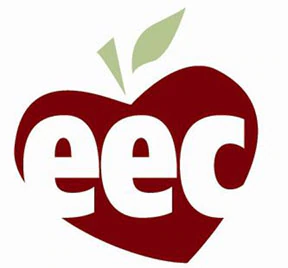
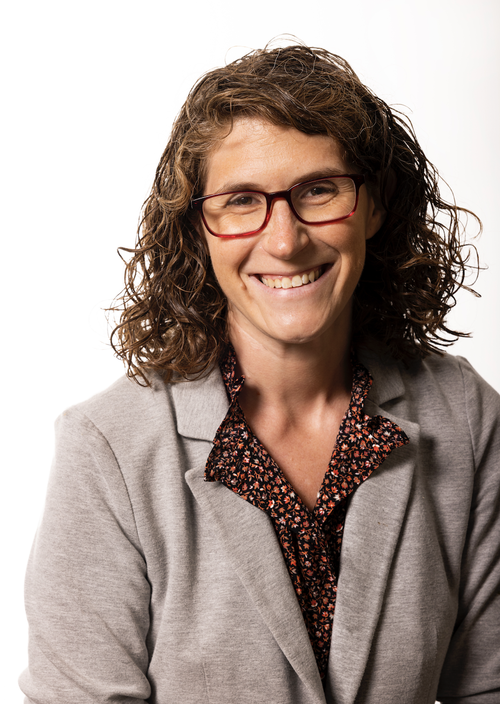
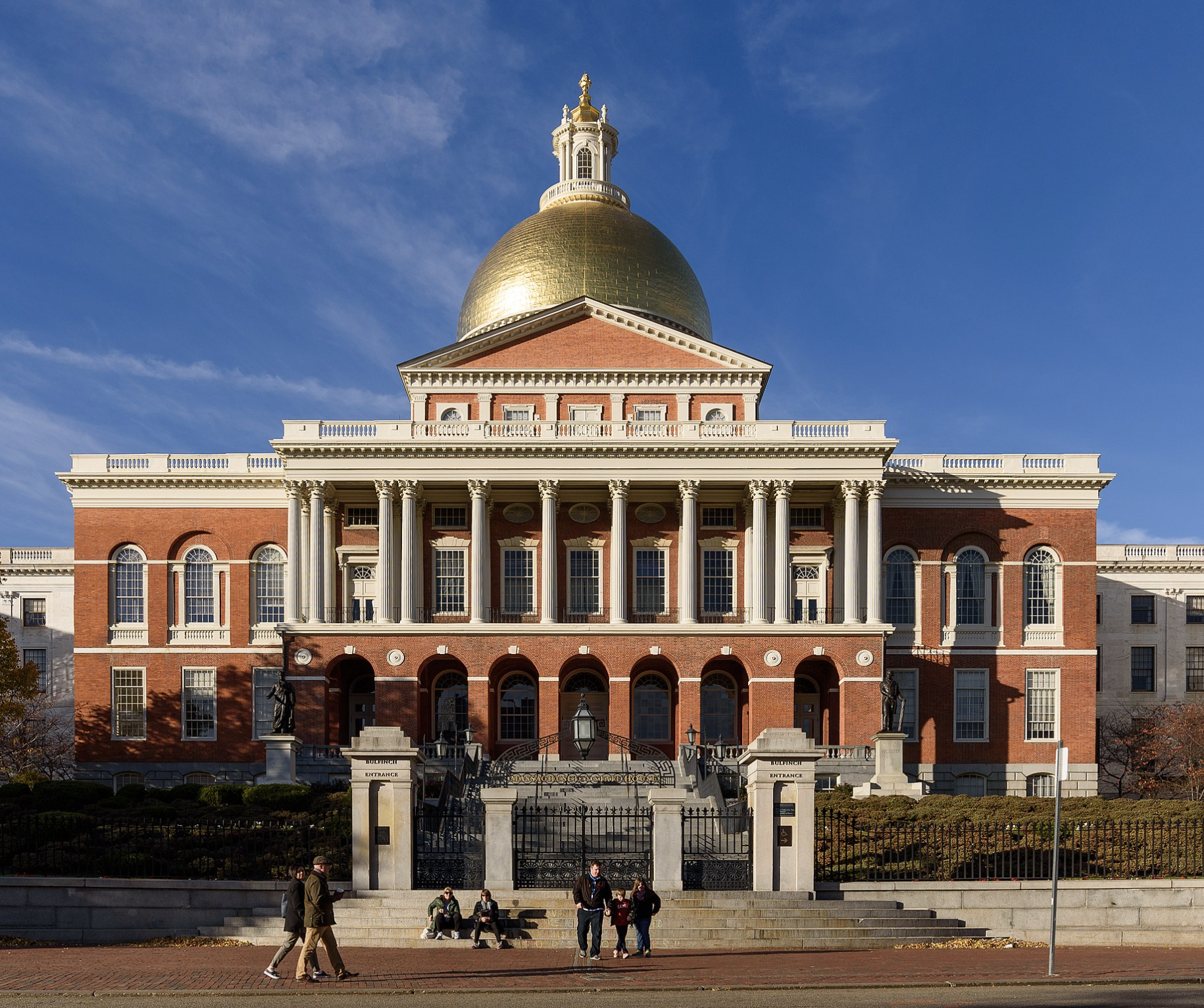


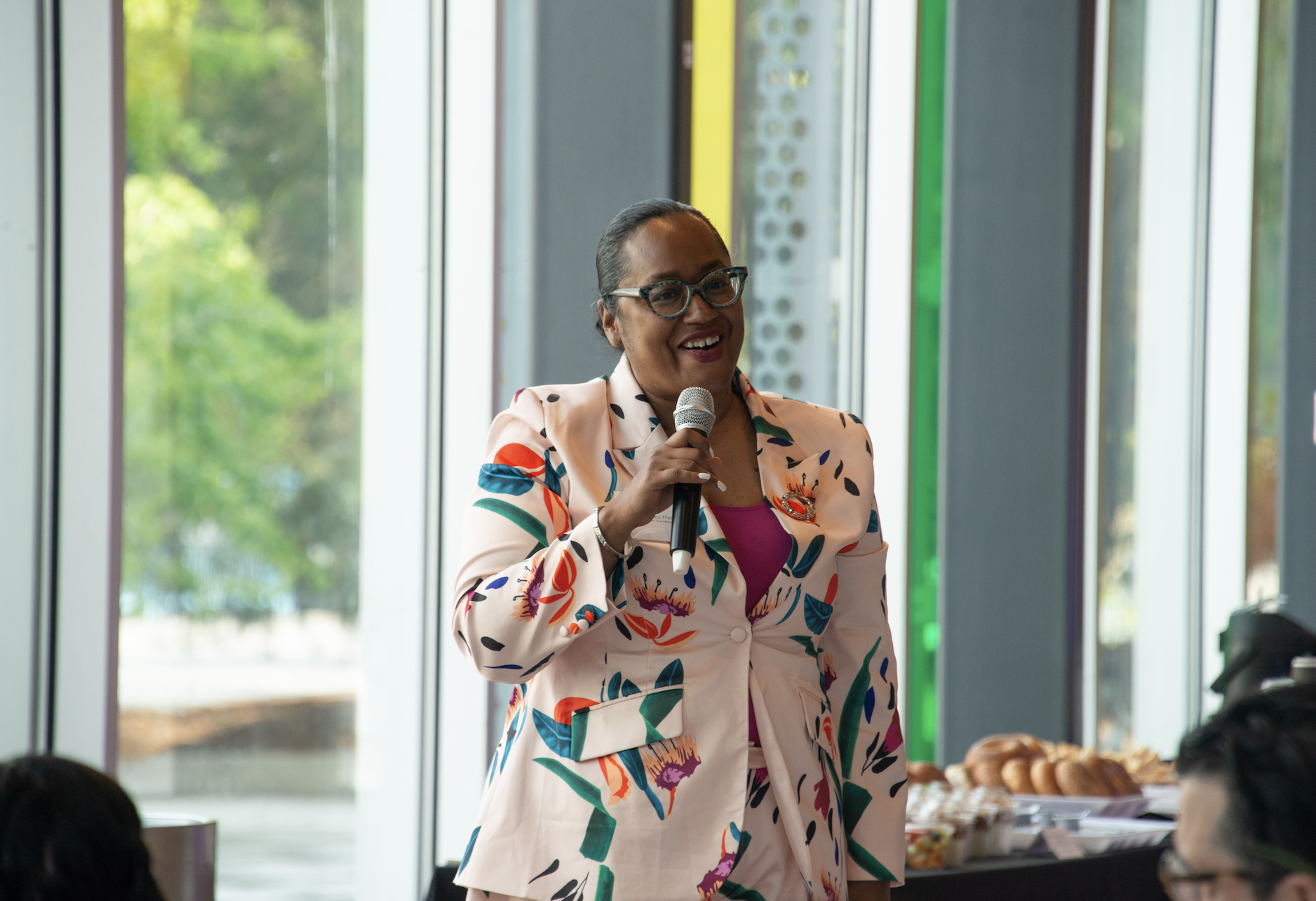
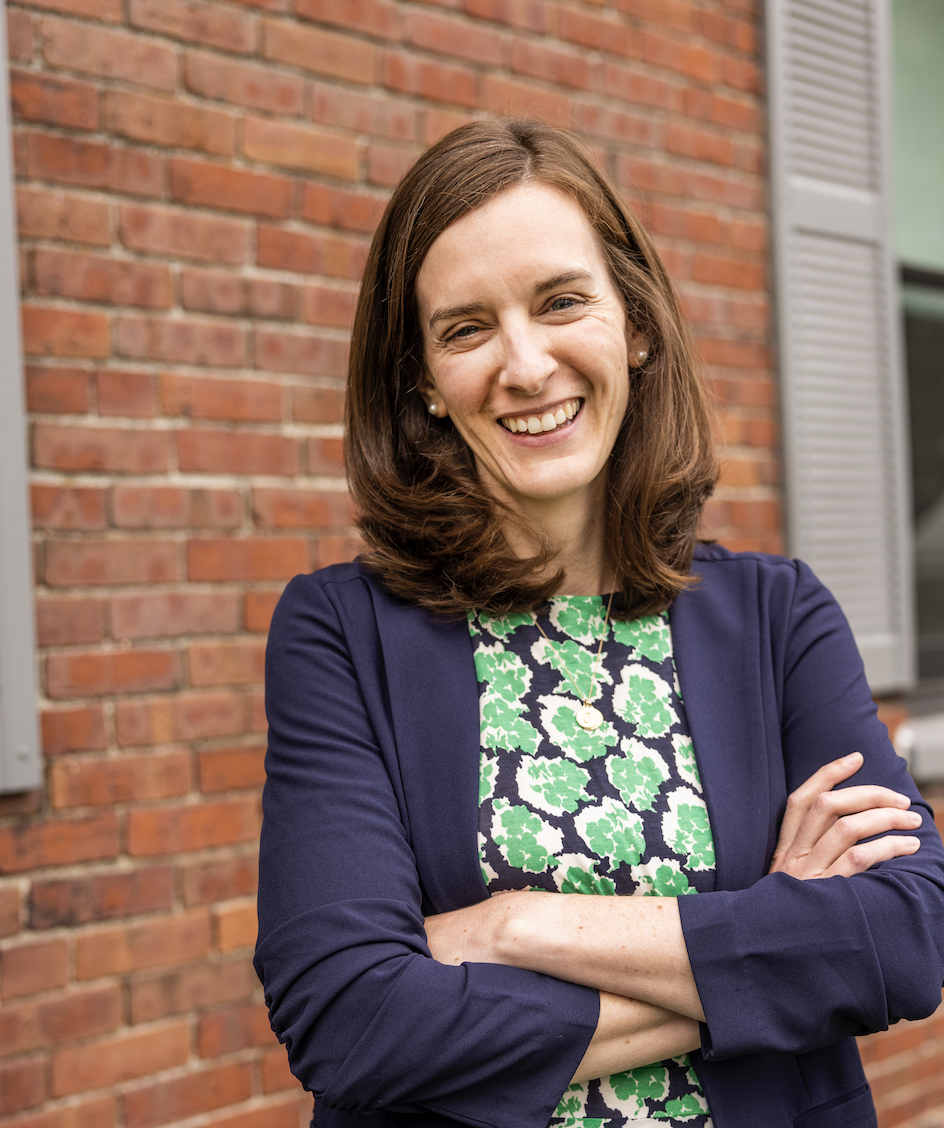









At Neighborhood Villages, we prioritize keeping up with the policy landscape in the early education and care field, both across the country and in Massachusetts. That includes tuning-in to the monthly meetings of the Massachusetts Board of Early Education and Care (“EEC Board”), to stay apprised of updates and to identify opportunities for how we can work with government and other stakeholders to improve our early education and care system.